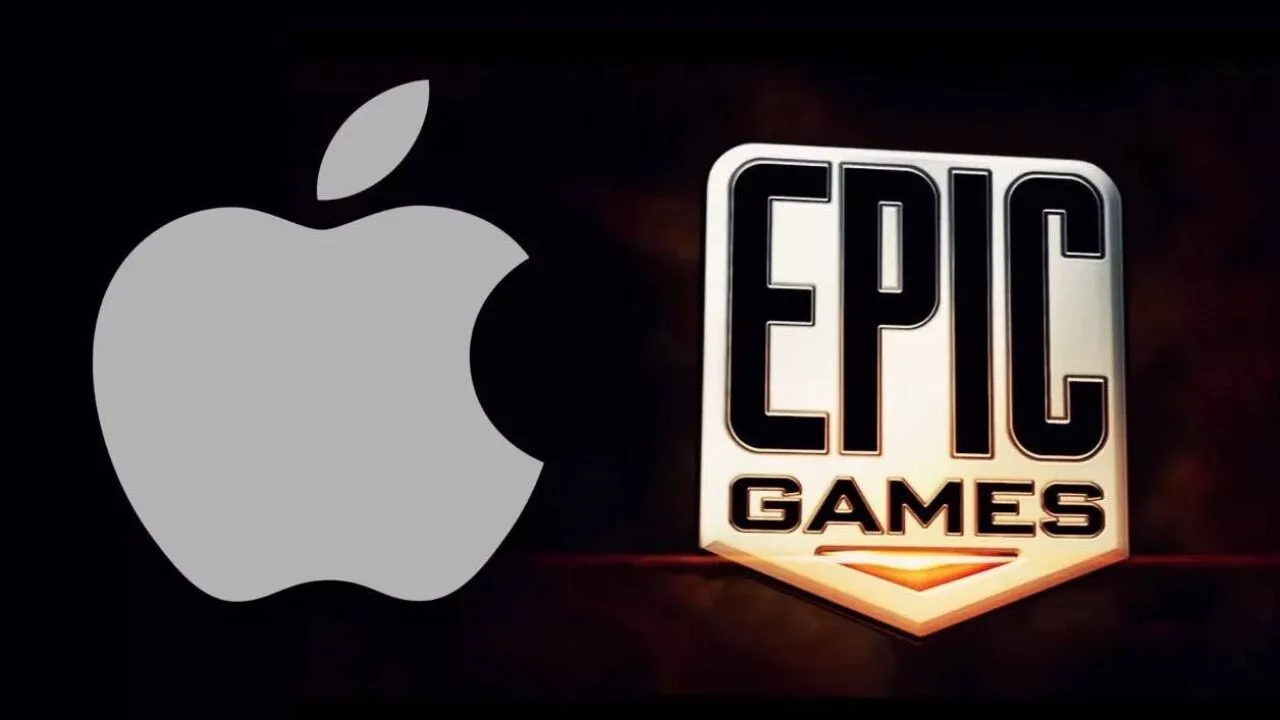In a significant escalation of the long-standing legal battle between Epic Games and Apple, Epic has taken to the courts once more, accusing Apple of failing to comply with a previous injunction related to the App Store’s payment systems. This development marks the latest chapter in a saga that began in 2020, centered around the tech giants’ disagreements over app distribution and payment processes.
Key Highlights:
- Epic Games alleges Apple has not adhered to a court order allowing third-party payment options within the App Store.
- The dispute reignited after the U.S. Supreme Court declined to hear appeals from both parties, effectively maintaining the original court ruling.
- Epic criticizes Apple’s plan to charge a 27% commission on app sales made outside its App Store as “anticompetitive.”
- The U.S. Department of Justice is reportedly close to initiating legal proceedings against Apple for its app store practices.
- Apple’s response to European antitrust legislation mirrors its stance in the U.S., potentially leading to further regulatory scrutiny.
The ongoing legal tussle between Epic Games and Apple has once again surged into the spotlight. Epic Games has accused Apple of breaching a court ruling that mandated the tech giant to open its App Store to alternative payment options. This accusation comes despite the U.S. Supreme Court’s decision to let the existing App Store ruling stand, a decision that many thought would conclude the disputes between the two companies.
Epic introduced its own in-app payment system in 2020, aiming to bypass Apple’s App Store and its 30% commission fee. Apple responded by removing Epic’s Fortnite game from the App Store, leading to a high-profile court case. Although the court found Apple did not operate a monopoly, it did order Apple to allow sales outside its App Store. Both parties were dissatisfied with aspects of the ruling and appealed, but the Supreme Court refused to hear these appeals.
Apple’s subsequent announcement to allow third-party app sales but charge a 27% commission (reduced to 12% for small developers) has been met with criticism from Epic Games. Epic argues this move is anticompetitive, as developers would not be able to offer cheaper digital items on the web after accounting for both the new Apple tax and third-party payment processing fees.
Broader Market Impact
- Developer Relations: How Apple responds to Epic Games’ accusations and legal challenges may set a precedent for its future interactions with other app developers, potentially affecting its reputation and the willingness of developers to create apps for iOS devices.
- Regulatory Attention: This case draws further attention from antitrust regulators in the United States and Europe, where there’s growing scrutiny over the practices of major tech companies. The outcome could influence future regulatory actions and legislation targeting the operation of digital marketplaces and app stores.
As this legal battle unfolds, it underscores the tension between app developers and platform owners over app distribution and monetization practices. With antitrust regulators in the U.S. and Europe closely watching, the outcome of this case could have significant implications for the App Store’s operational model and broader digital market competition.






























